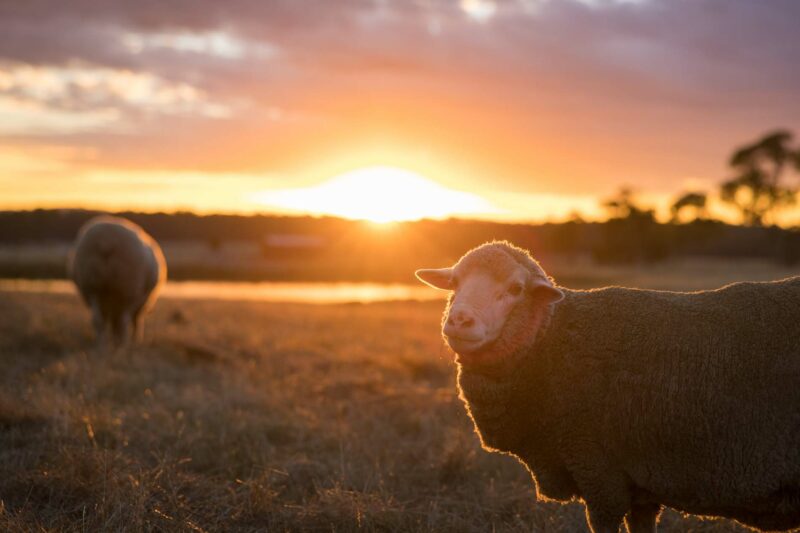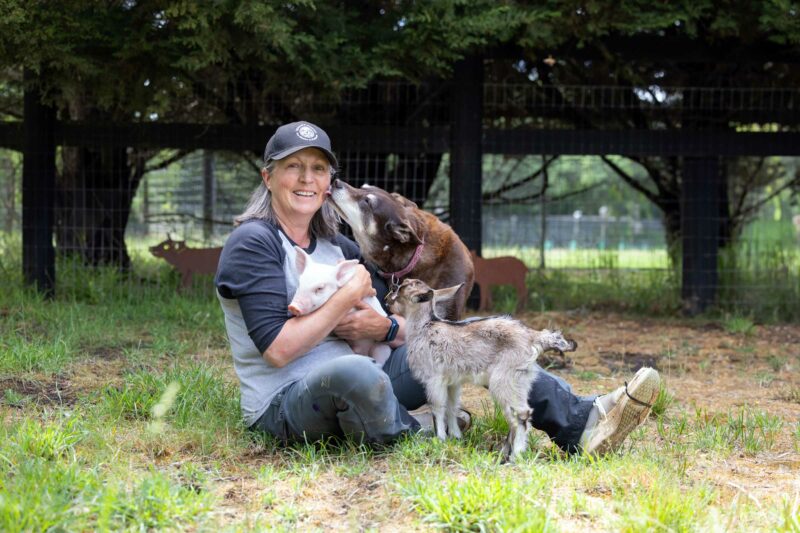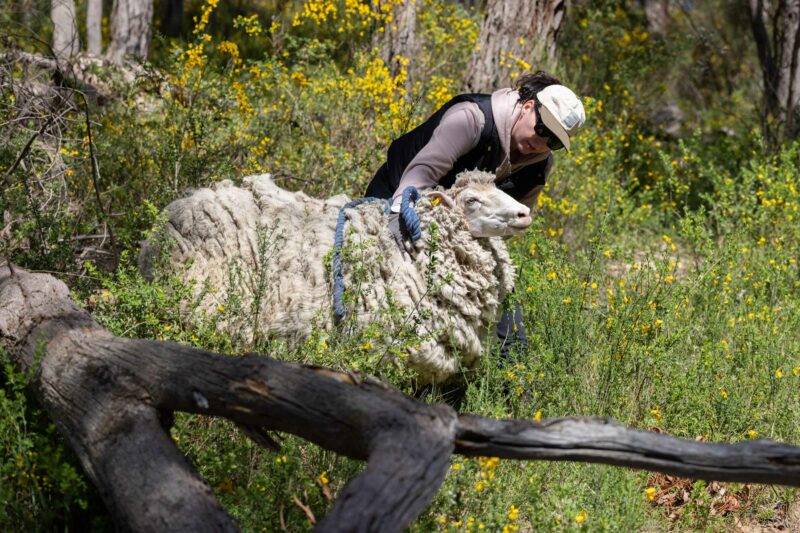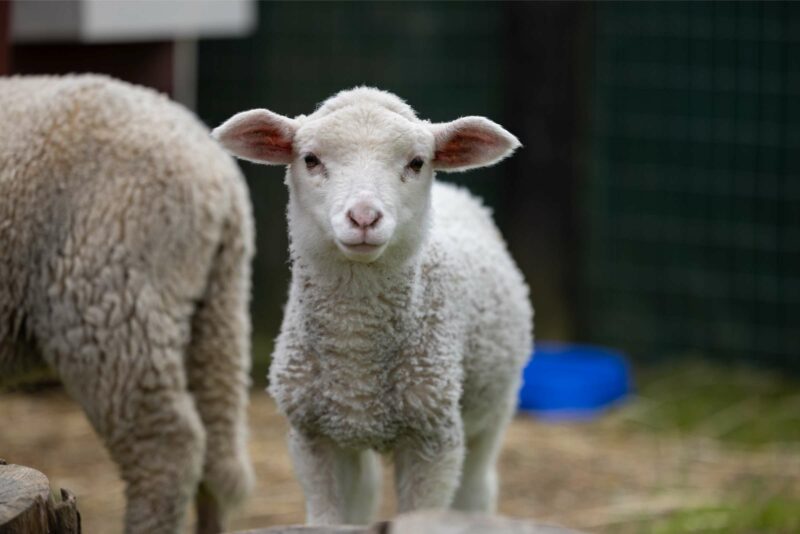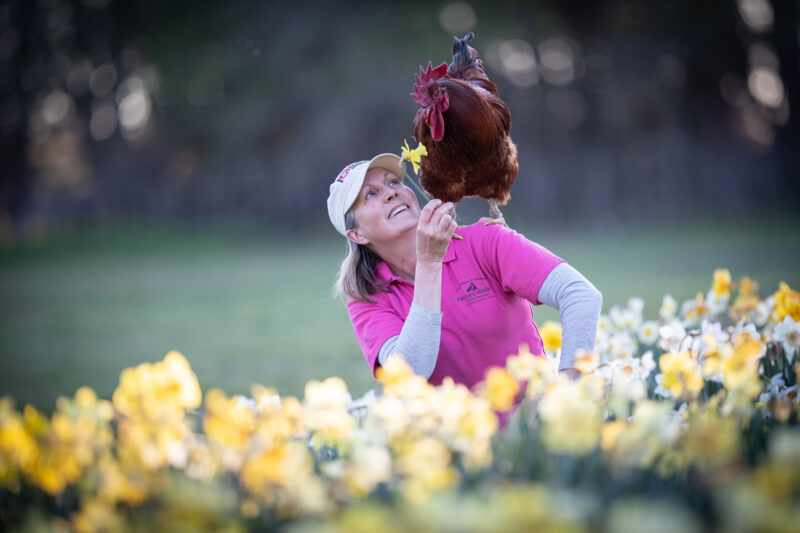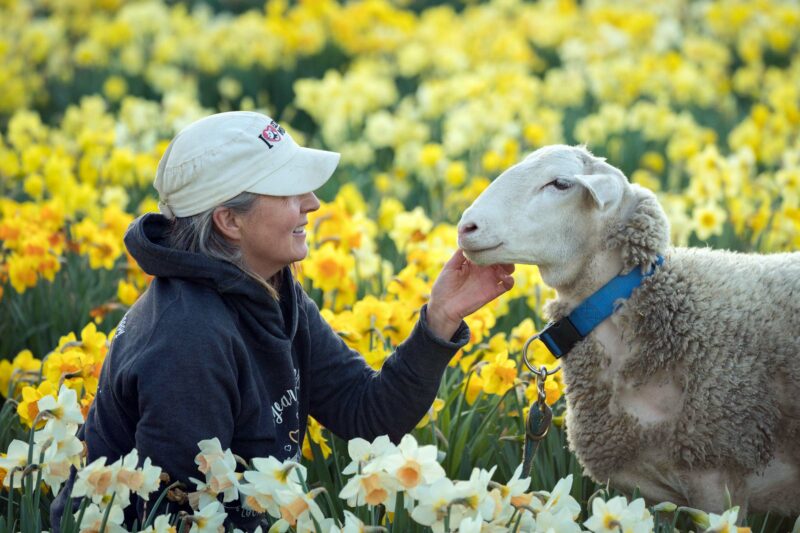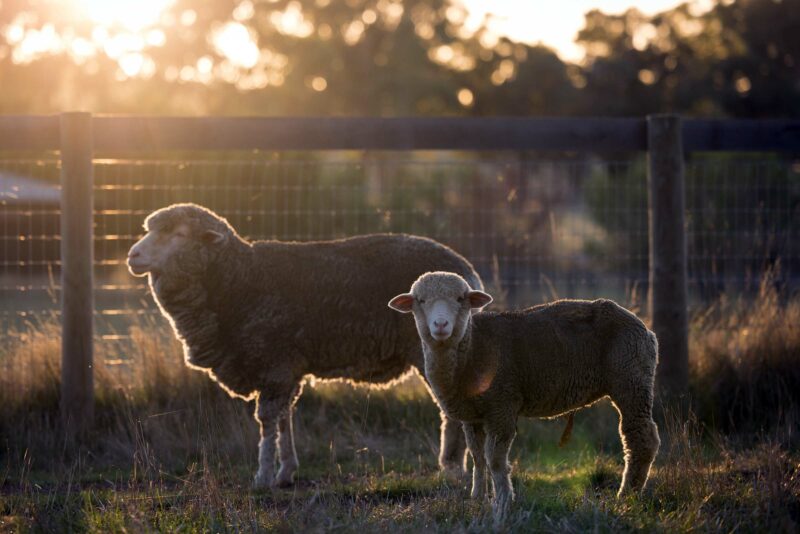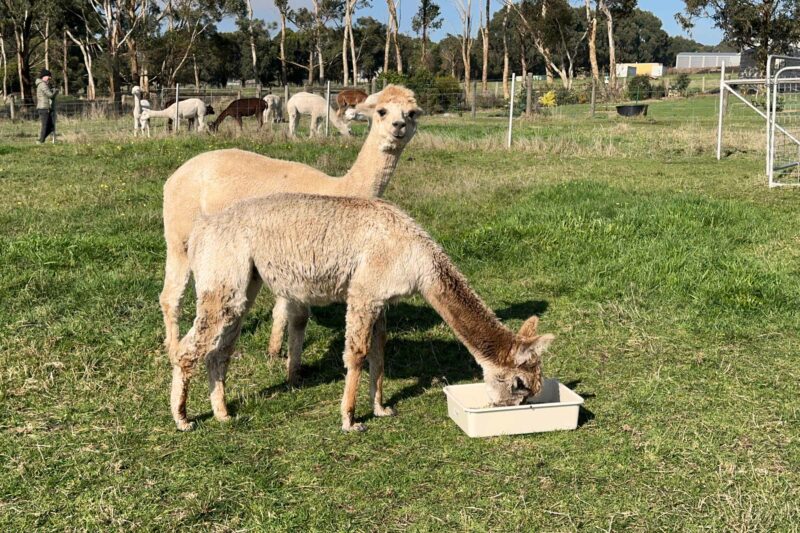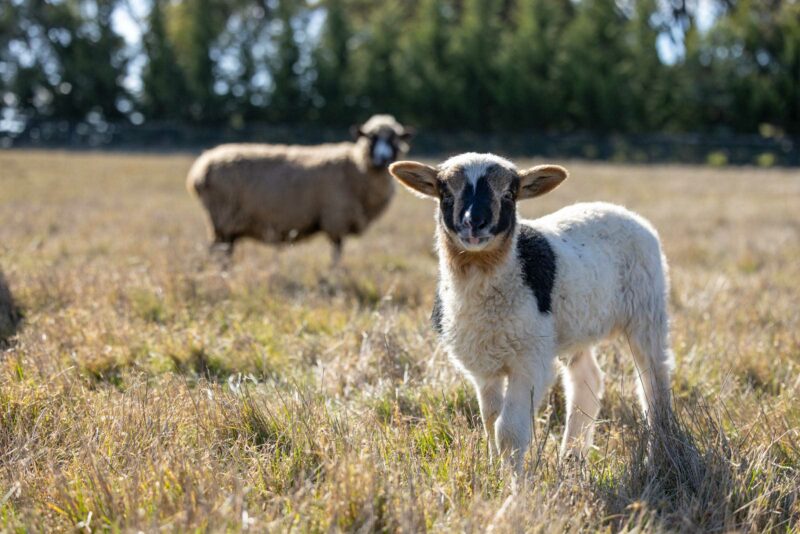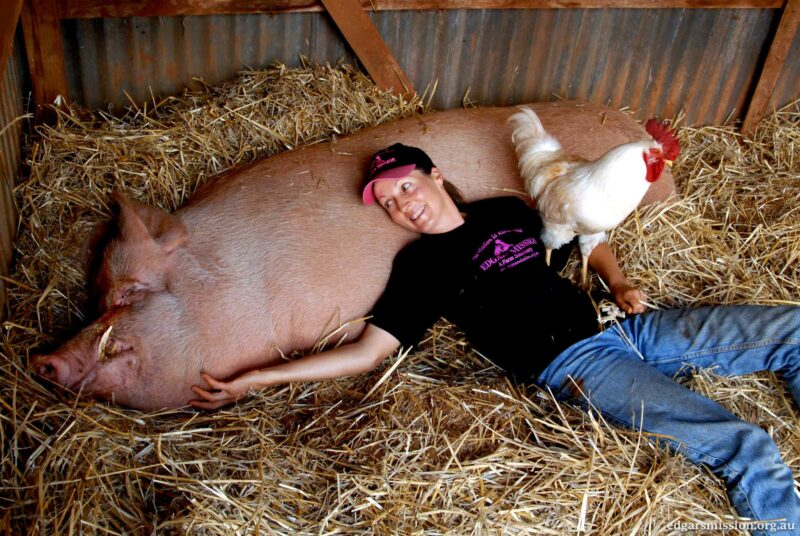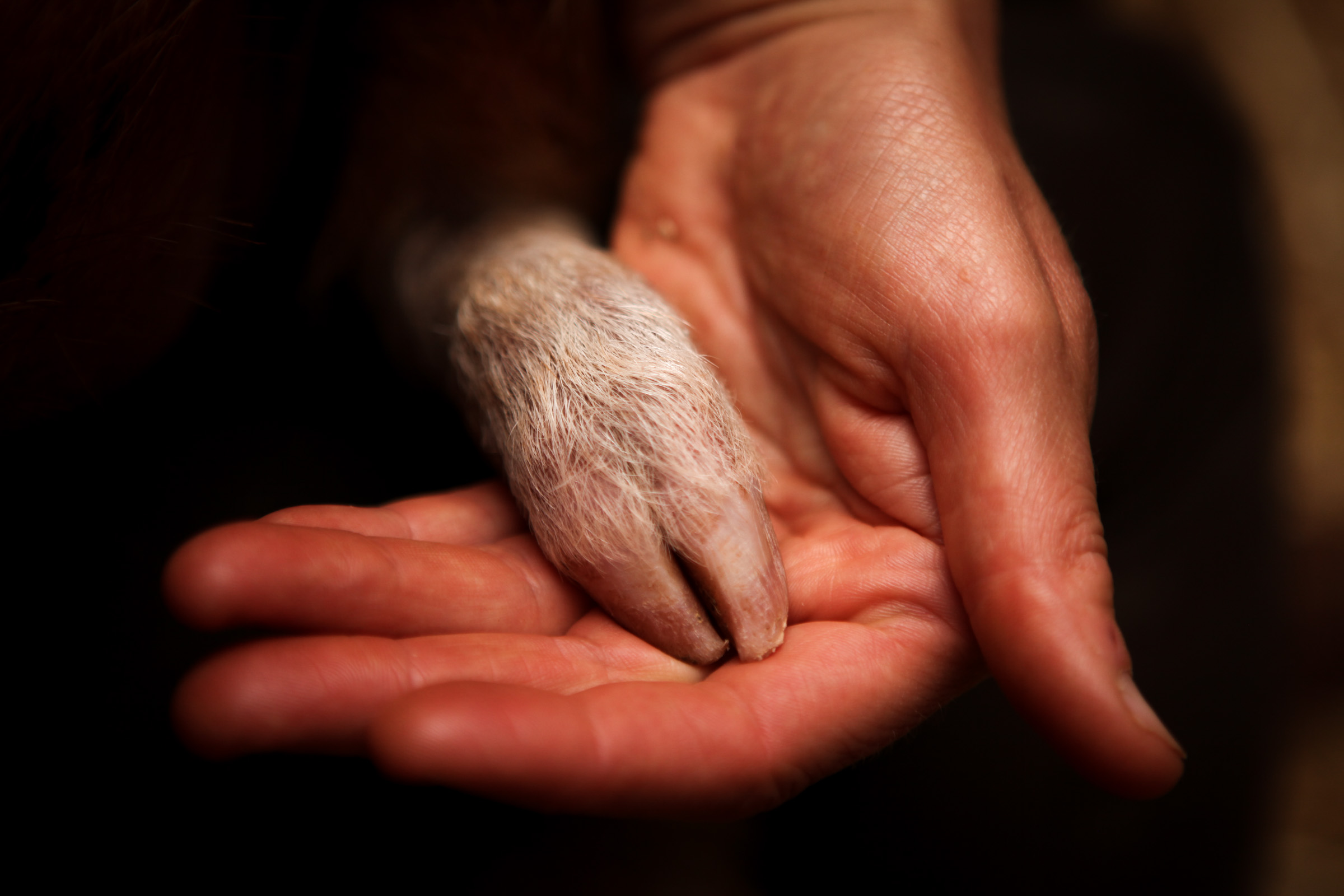
A time to be kind
Smile at a stranger, help an elderly person across the road, clean up litter or help an animal in need. Whilst none of these things are obligatory, they certainly present us with opportunities to evoke one of our most noble qualities, that of kindness. Born into this world incomplete, vulnerable and needy, right from the get go, we humans all need, want and flourish with kindness. It could be well said we are hardwired for kindness.
The great naturalist and biologist Charles Darwin too recognized this. Although his name is so often synonymous with “survival of the fittest”, Darwin postulated that groups of individuals who looked out for one another were more successful in raising their young, ensuring their genes could go on to raise more offspring. However, science now tells us that the benefits of kindness go beyond this, benefiting both the recipient of the kind gesture as well as the dispenser of it.
Kindness simply feels good—known as the “helper’s high”, kindness increases our energy, our happiness, our lifespan and our pleasure, along with the hormones oxytocin and serotonin, whilst decreasing our pain, stress, anxiety, depression and blood pressure. Another spin-off from acts of kindness is that it is contagious, firing off in the brains of those witnessing the act.
World Kindness Day (November 13th) is a reminder to kick-start our kindness barometer by exercising kindness towards the most vulnerable and least heard amongst us: animals. Looking for ideas how? Here’s a short list:
- Choose Cruelty Free: support companies who do not test on animals
- Foster or adopt a rescued animal.
- Volunteer your time helping an animal charity or even helping an elderly neighbor with their companion critters.
- Live and let live, by keep animals in your heart and off your plate.
